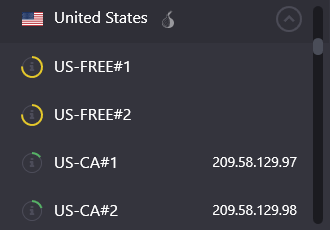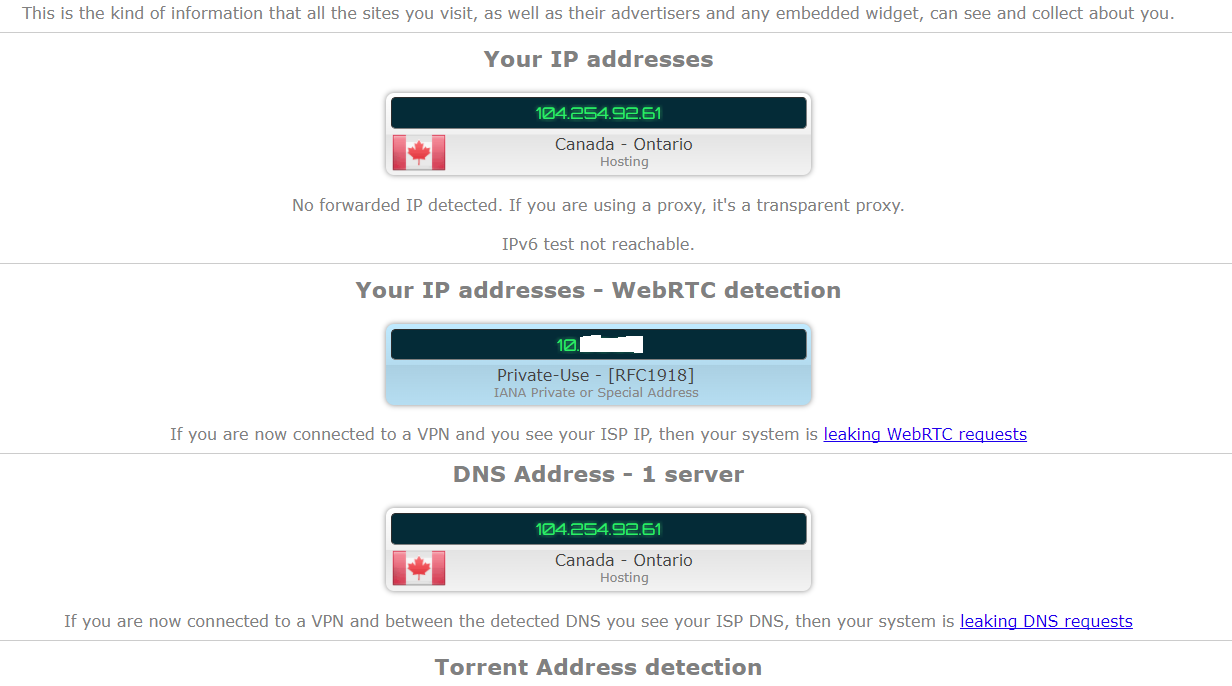We learned that Private Internet Access (PIA) has shut down its Korea exit nodes due to concerns about the privacy of its users. It learned through a "close contact" that South Korea law enforcement intended to clone its local data.
Private Internet Access (PIA) didn't know why they would take these types of actions against it, but took immediate action as soon as it learned about this possibility.
“On the 21st January 2018 at 6.15pm Pacific Time, Private Internet Access was alerted by close contacts in South Korea that law enforcement would be seeking to mirror our servers tomorrow, 24th of January 2018, at 10:00 A.M without due process. Upon learning this information, we decided to remove and wipe the South Korea region from our network immediately.”
Even if the South Korean authorities did clone the data, Private Internet Access (PIA) does not log any traffic or session data.
In addition to removing its South Korea exit nodes, it also rotated its certificates as an additional security control.
This is a great example that proves that Private Internet Access is committed to the privacy of its users. Good going PIA.
Source: Private Internet Access
















